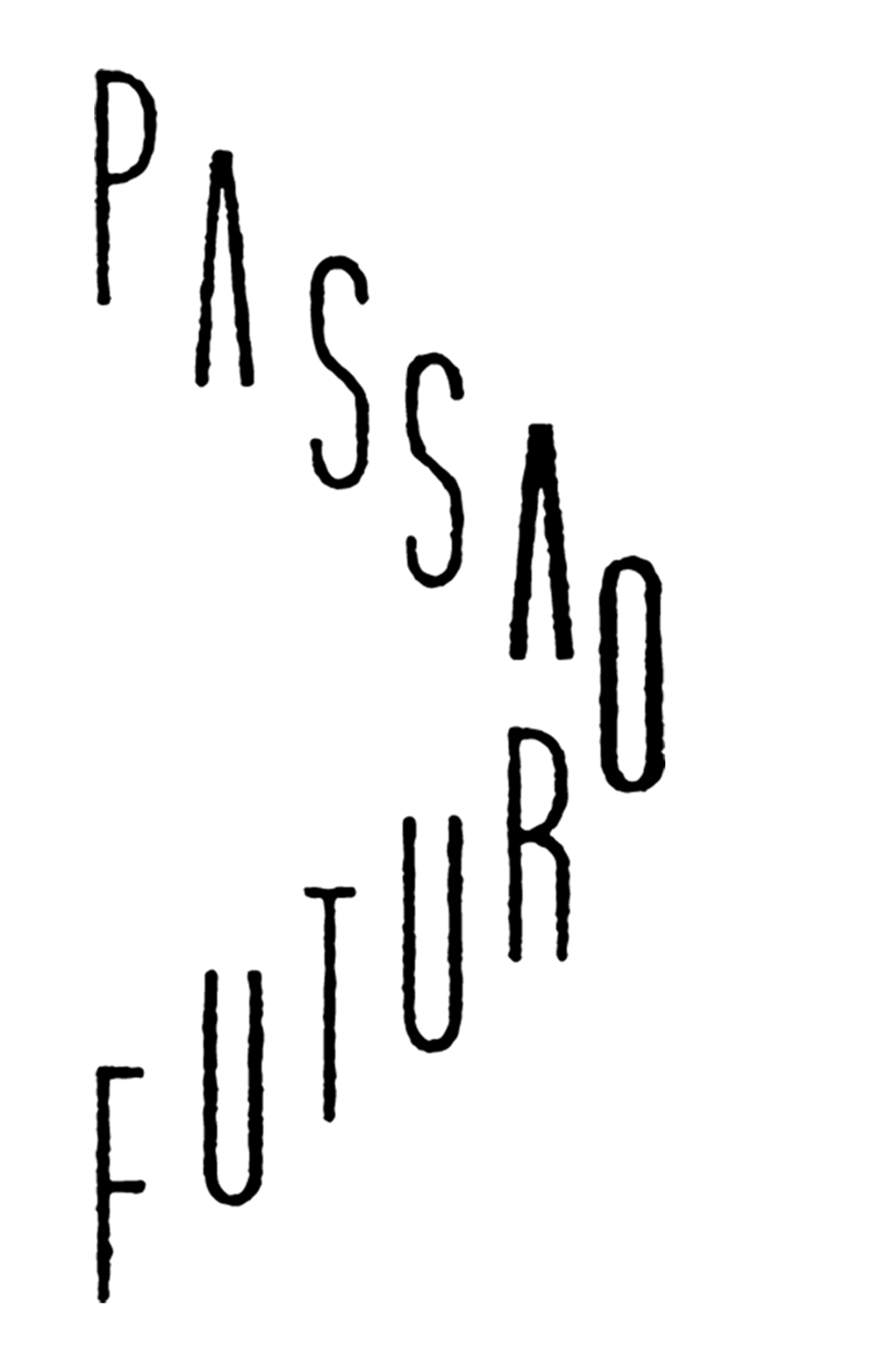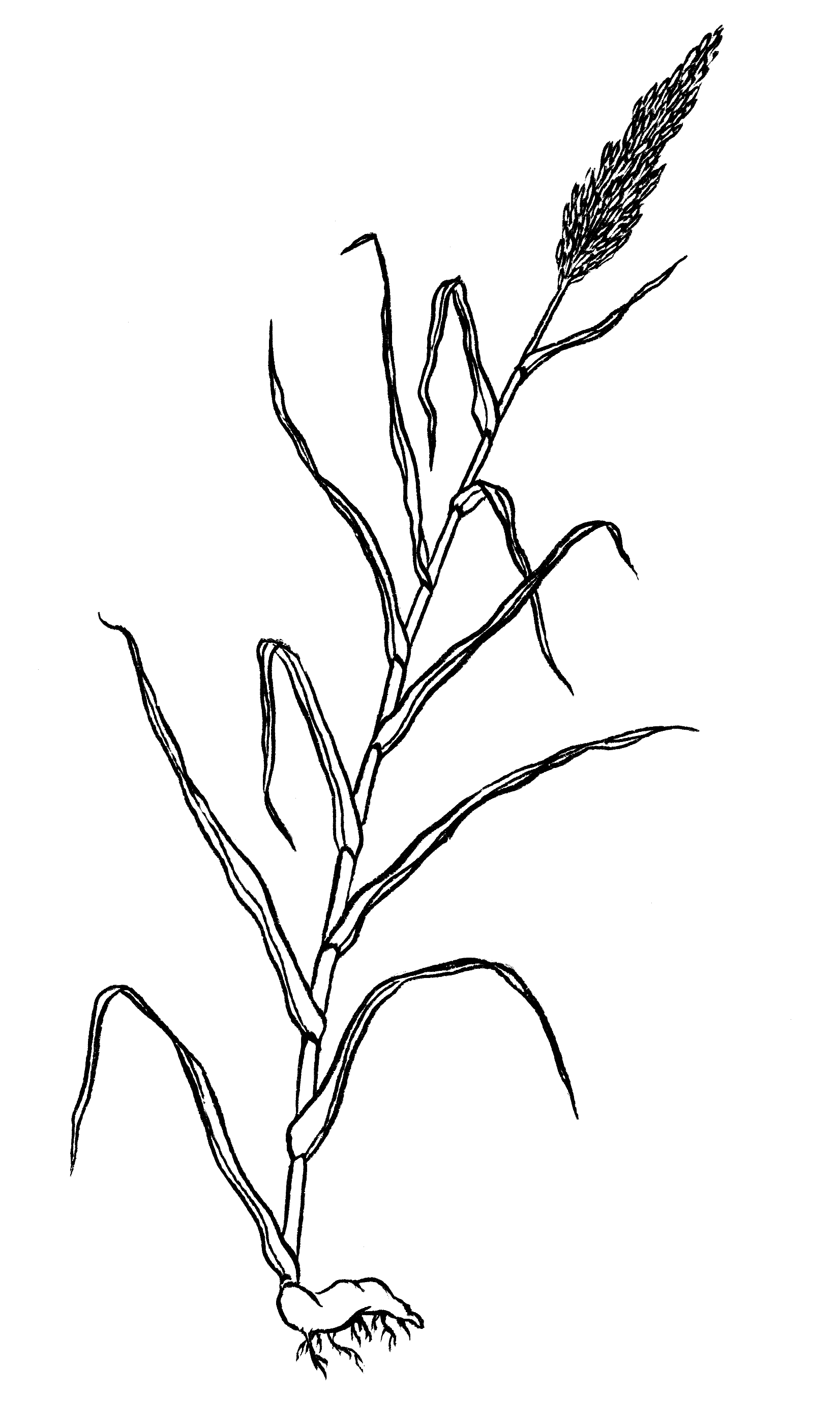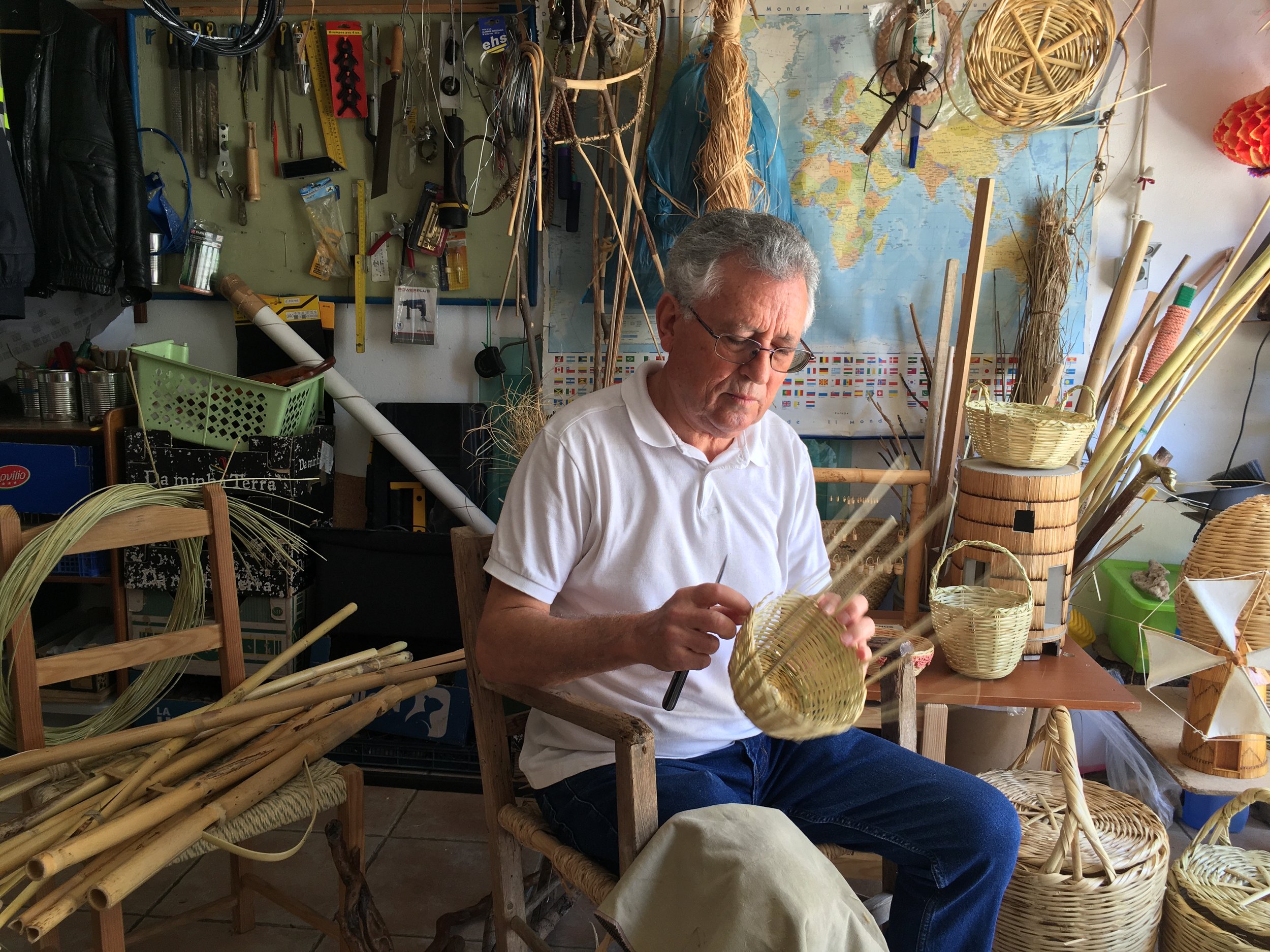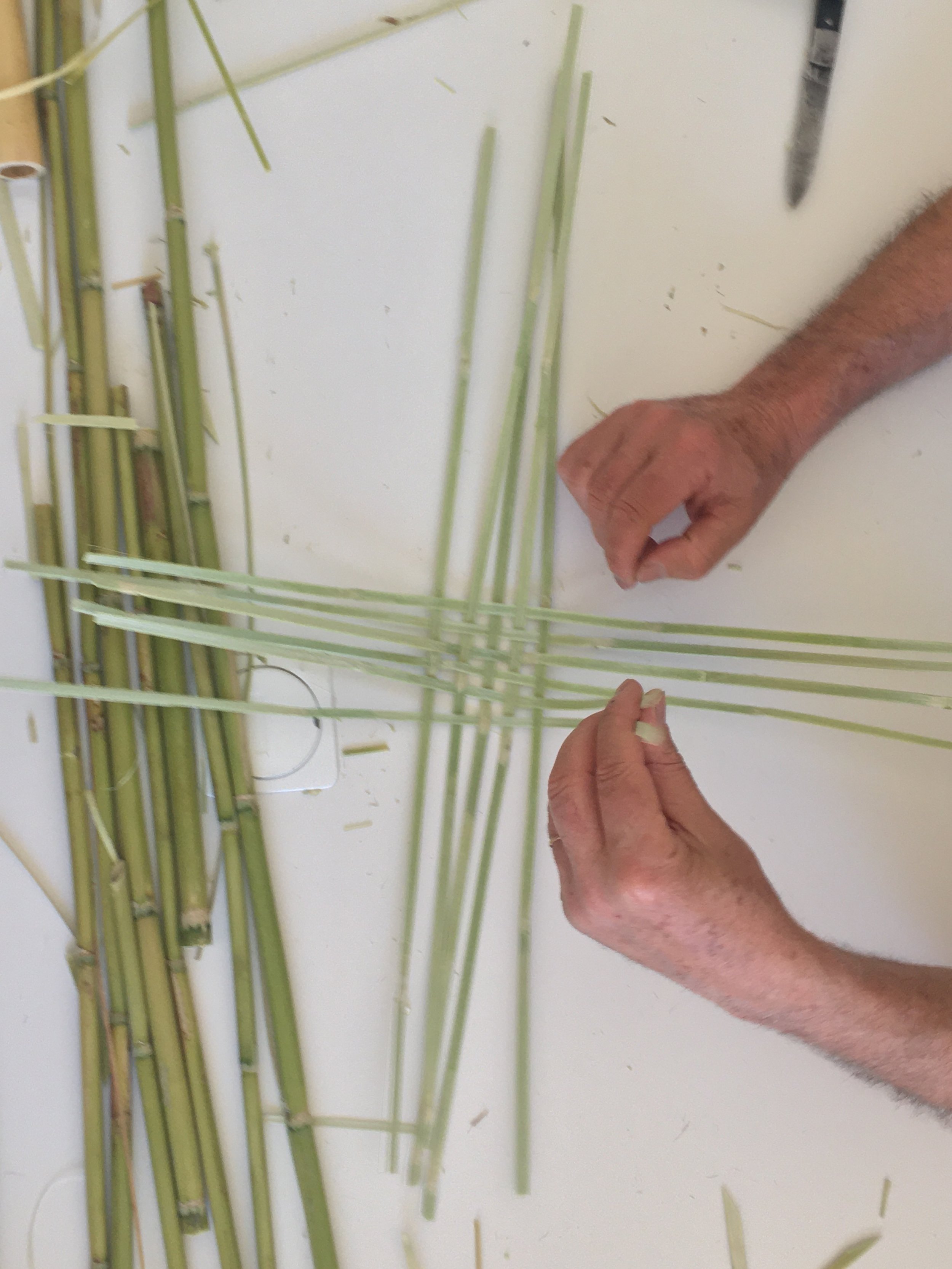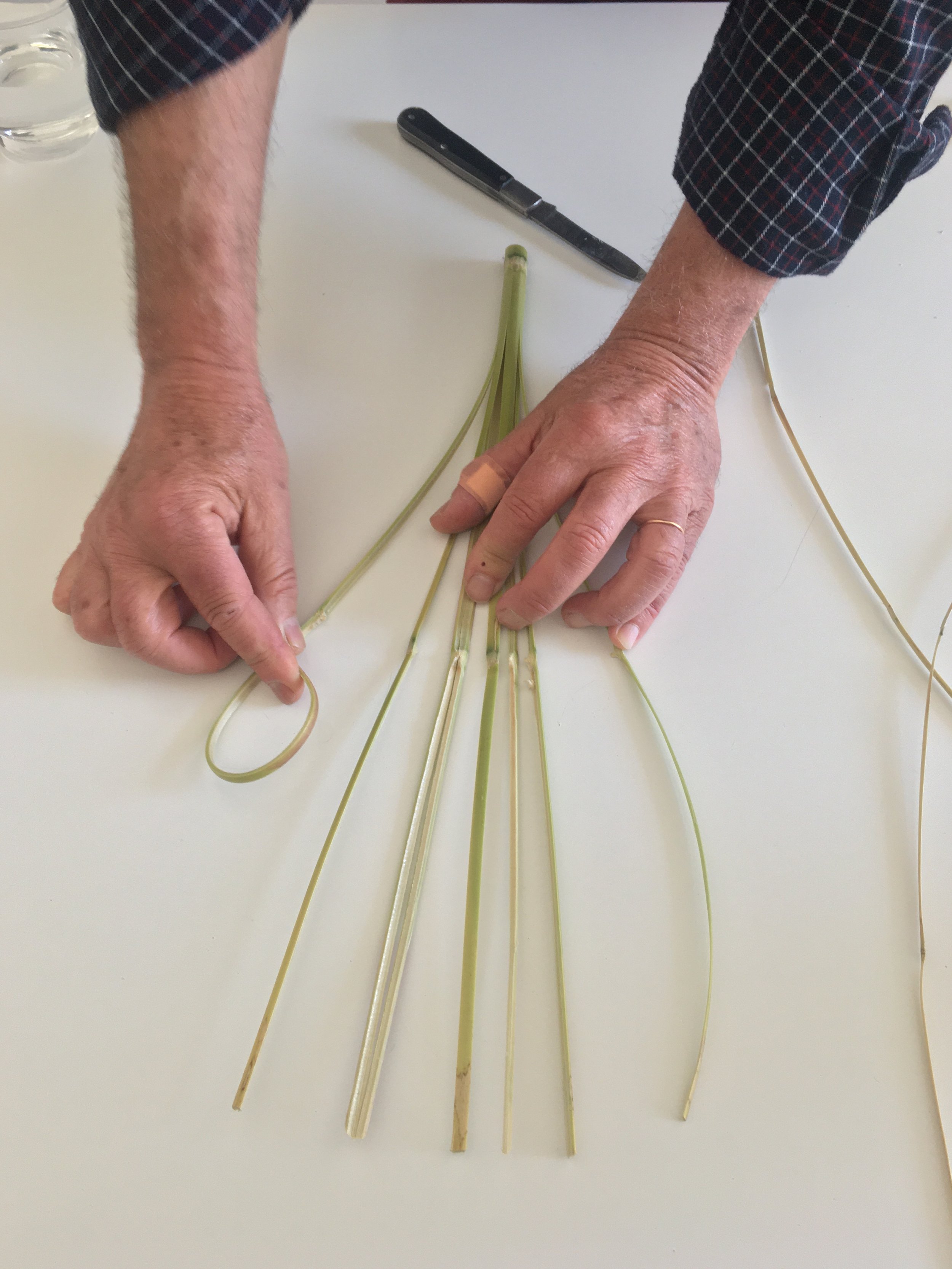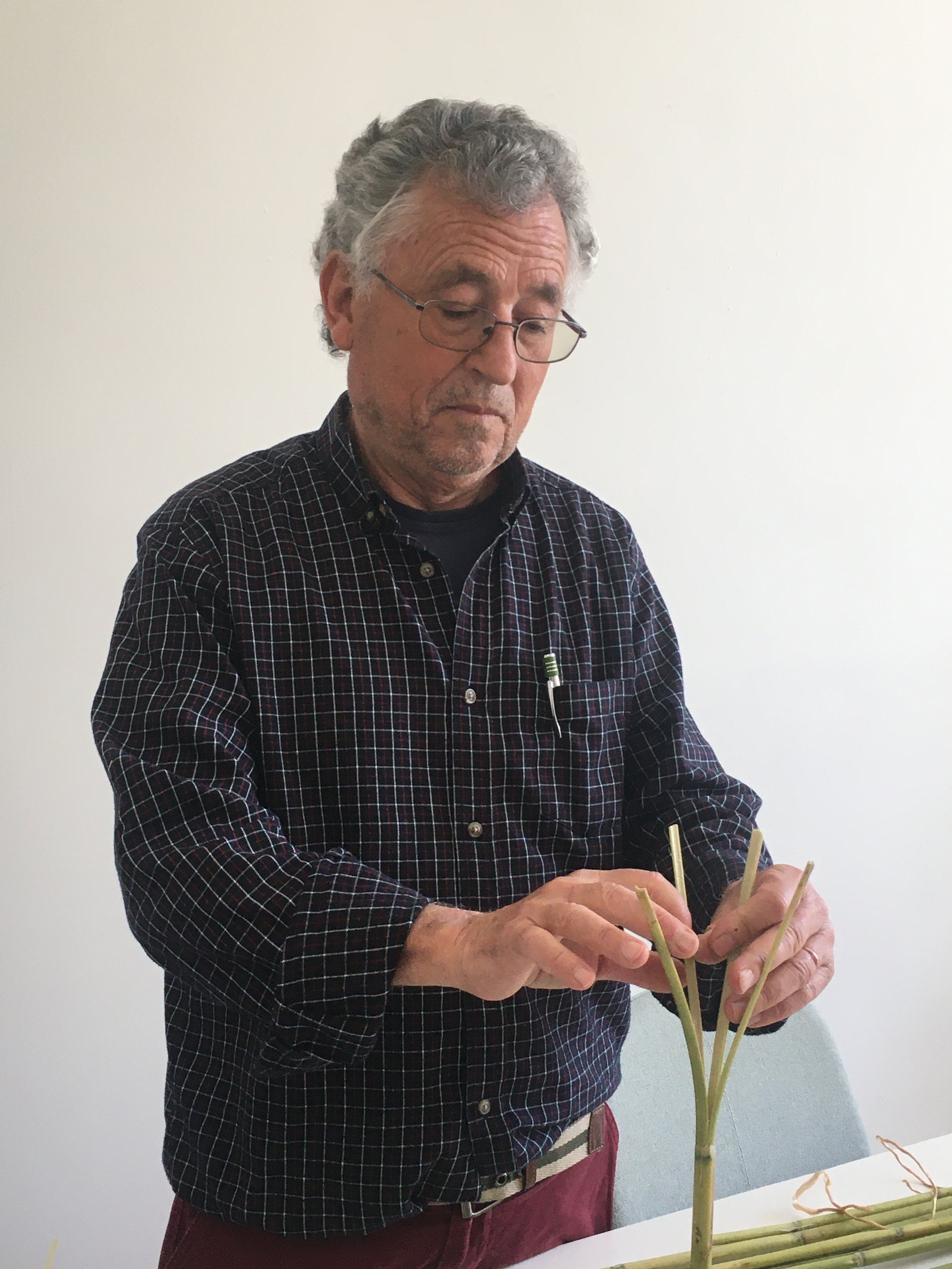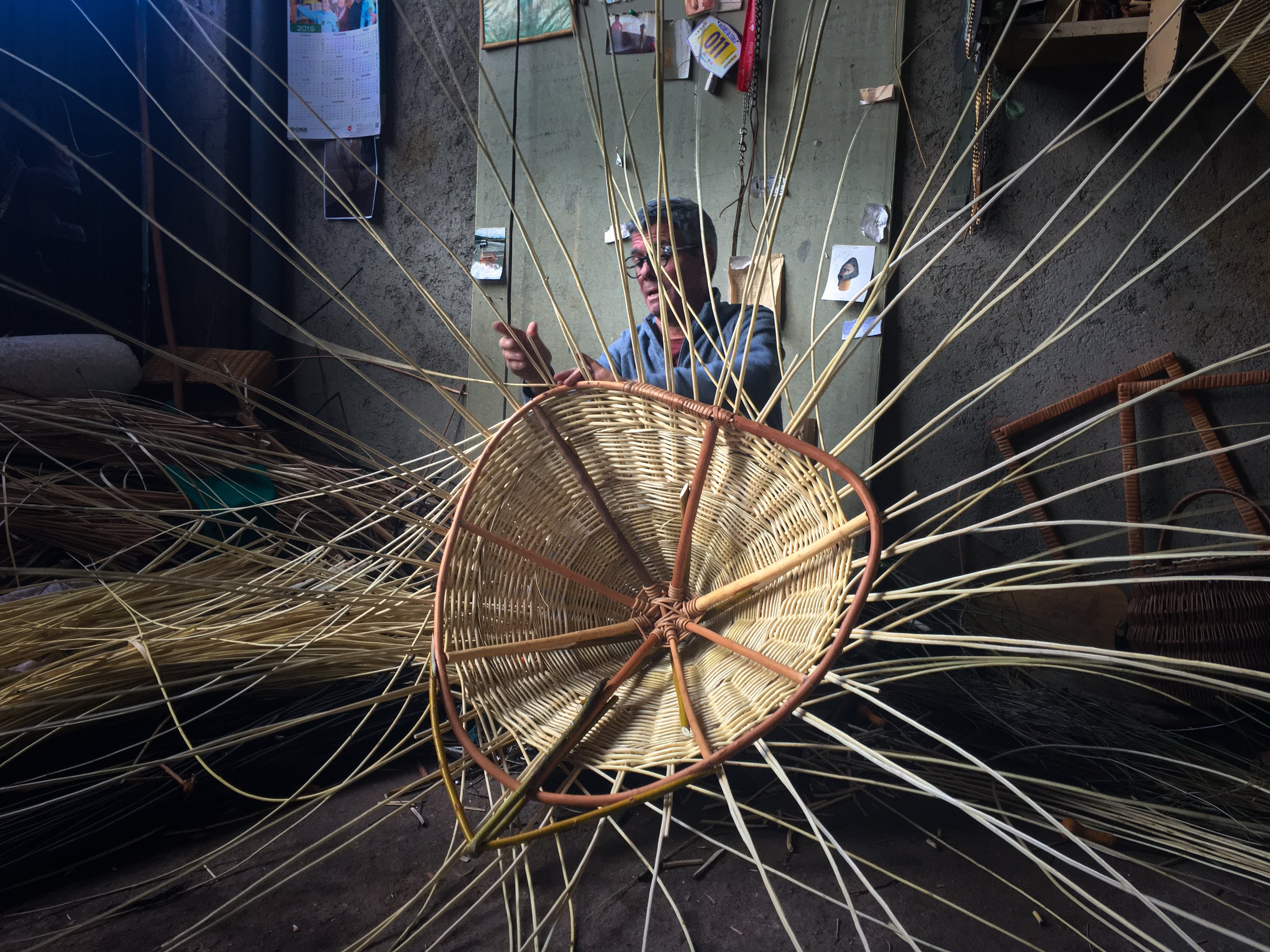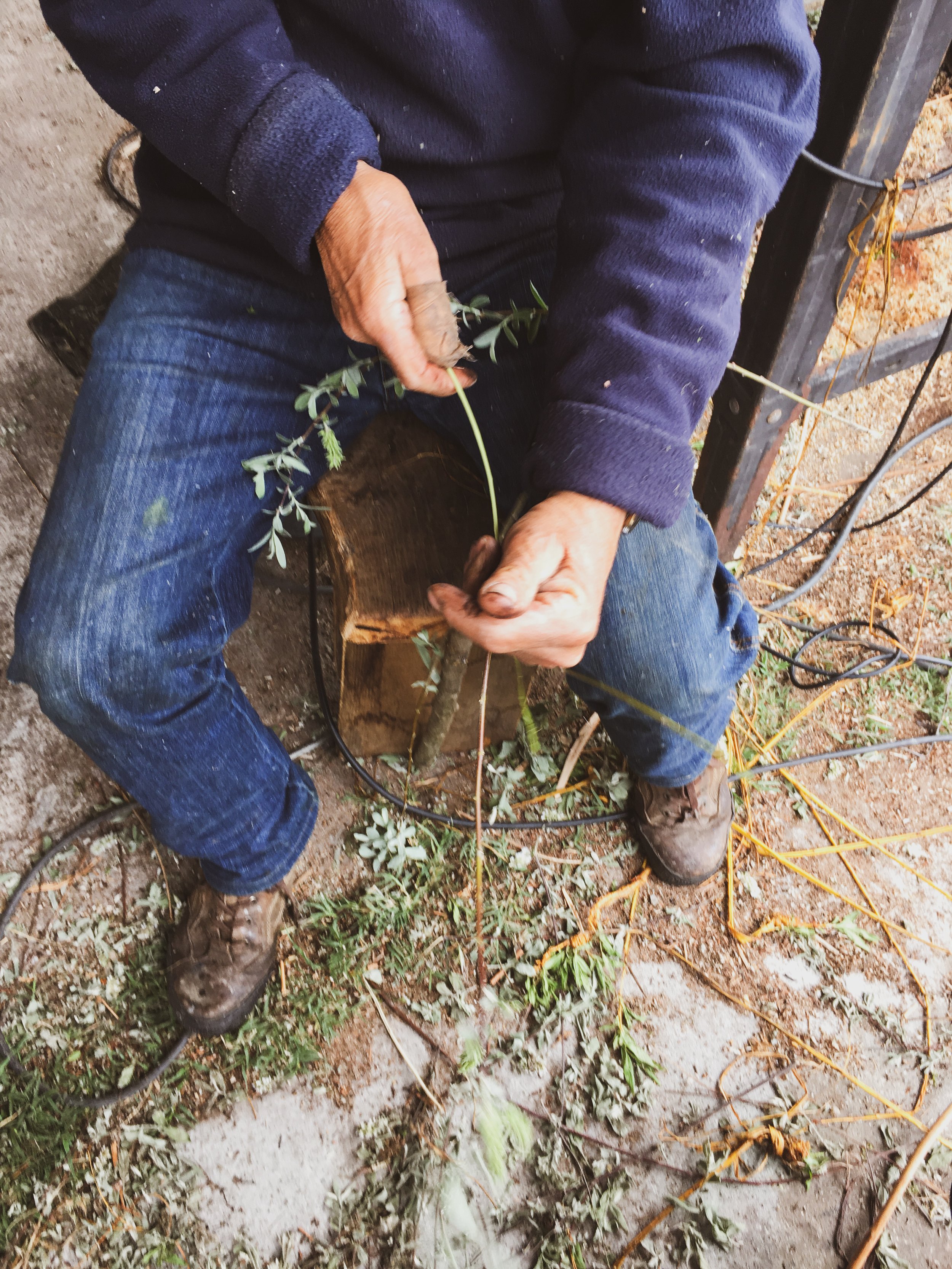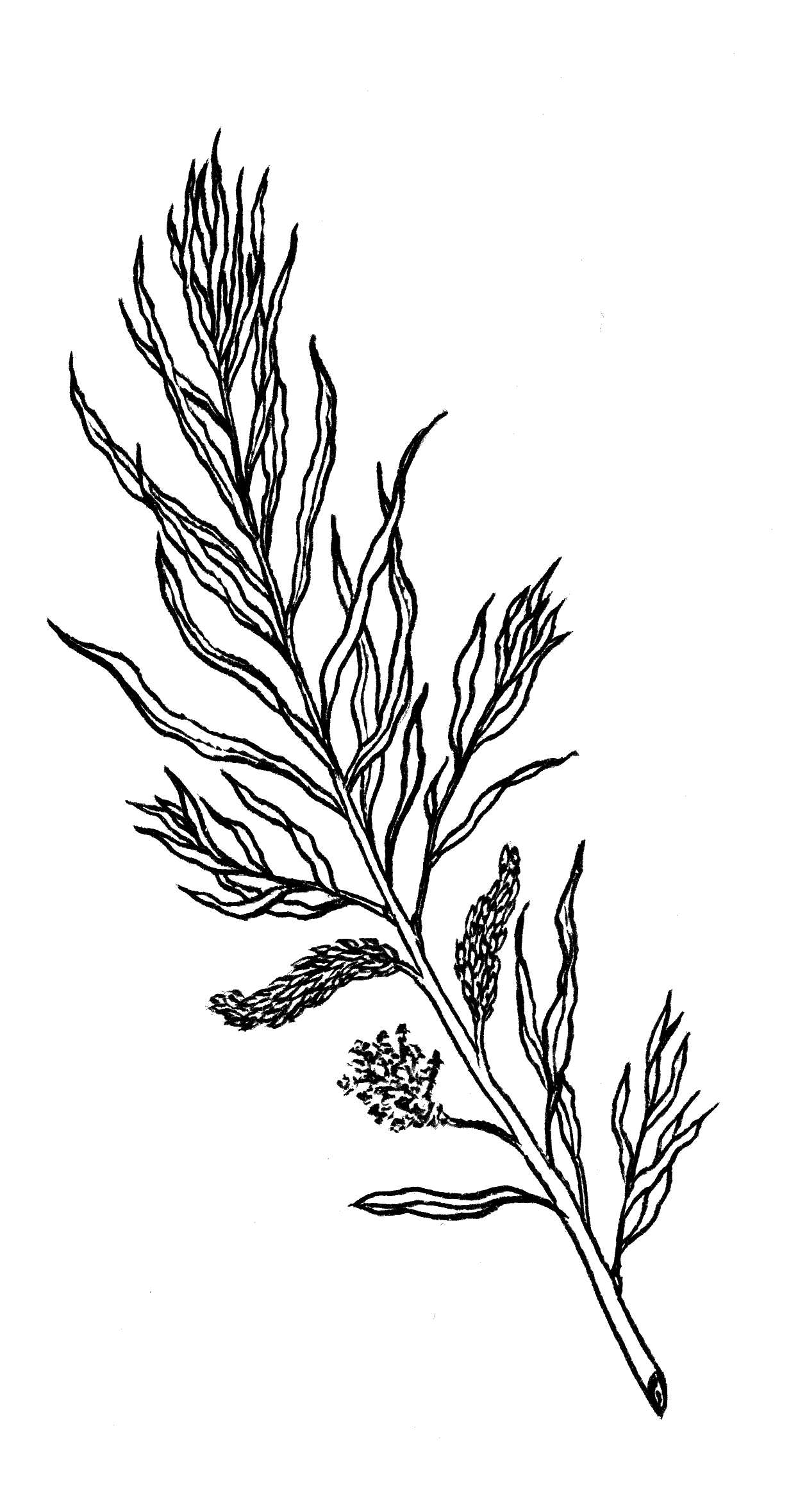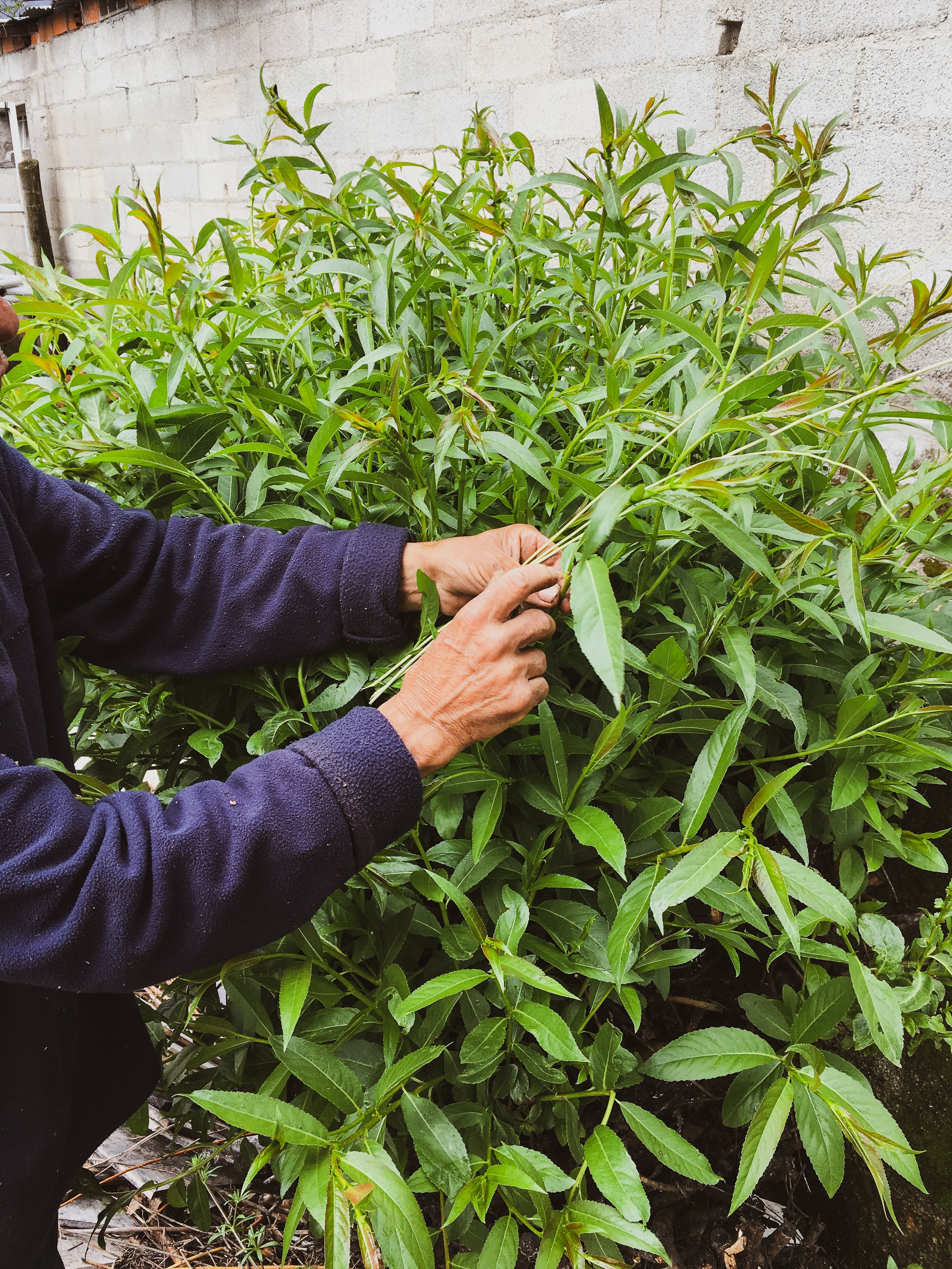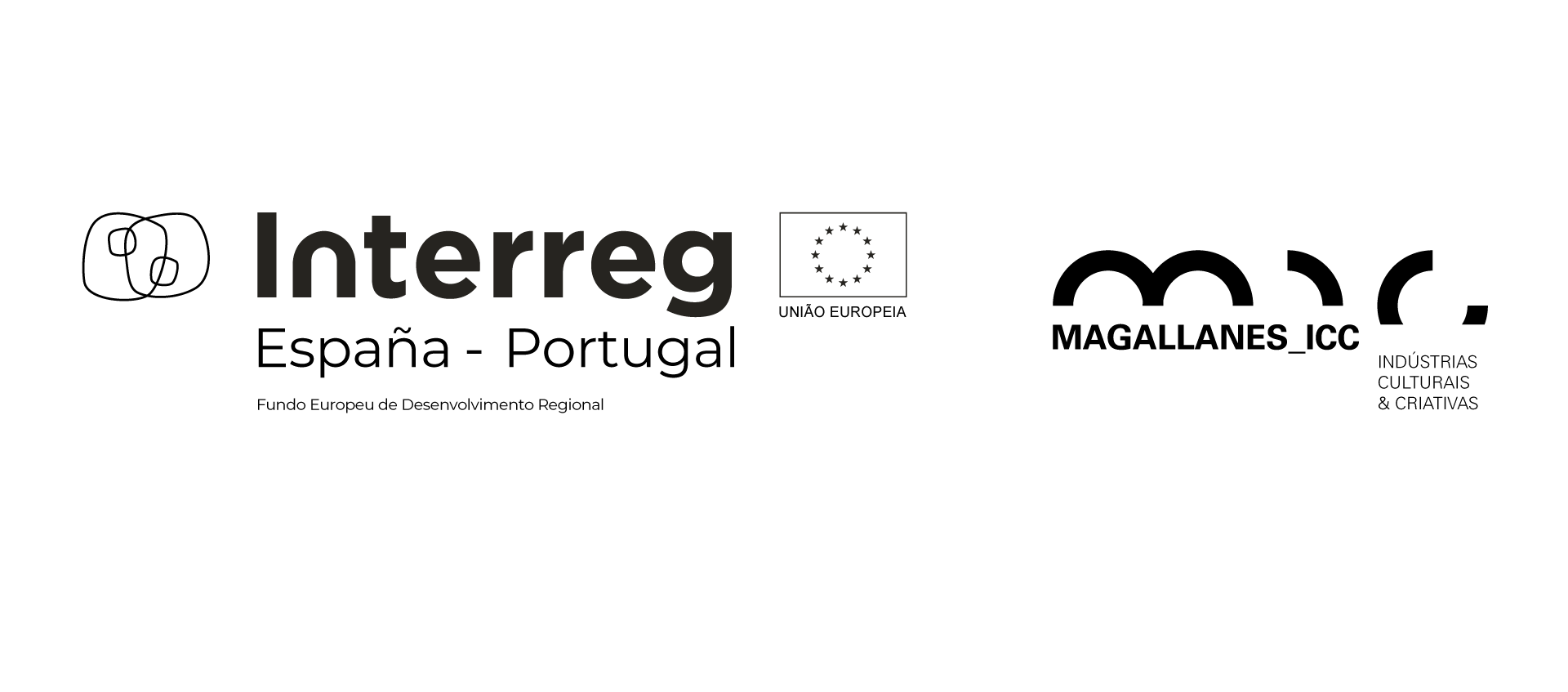ALENTEJO, portugal
Craftsmanship meets digital fabrication - DESIGN & BUILD
plant based woven architecture
AUGUST 1-13, 2022
CONcept
Hands-on experience is crucial in the education of young designers, today most university programs follow aesthetic or product-driven paths. Makers are a new generation that looks into design processes rather than products.
This design-build program aims to strengthen the tradition of building and craftsmanship enhanced with the use of digital tools and computer simulations.
Strengthening design skills through the experience of fabrication, working with materials and building itself. The task for the students with the tutors, is to design and build, within a period of two weeks, a retractable shading device that will become a part of Évora’s urban landscape. Serving to enrich the experience of the place, emphasising the connection to the environment and temporality. The technology would mix between high-tech (digital fabrication techniques, environmental simulation) and lo-TEK (Traditional Ecological Knowledge) represented by craftsmanship with basket-weavers in wicker and cane weaving.
CRAFTSMEN
DOMINGOS VAZ
CANE - Arundo donax
Born in a small village in the South of Portugal, Domingos started weaving baskets, alongside his family, at a very young age. It is a family tradition that started out of the necessity to store dry fruits that where very common in that area. In order to go to high school, he was sent to a city along the Southern coast, Vila Real de Santo António. He later moved to Lisbon and while working at the Portuguese Ferry Company he studied at night and graduated in electro-mechanics. During this entire period continued weaving baskets every chance he had. He was lucky that the raw material, cane, he uses is a plague and exists all over the territory. Whenever he couldn’t find good cane he would use the basketry techniques on electrical wires to do baskets, toys, and other objects.
In love with the craft, after Domingos retired, he moved back to his hometown and since then has dedicated most of his time to basketry and teaching basket weaving techniques.
Fernando Nelas Pereira
Wicker - Salix viminalis
After finishing compulsory education, Fernando went on to learn how to make the bases of baskets in a basket company, which at the time was one of the main manufacturers in Gonçalo. At the age of 20 he joined the army, yet continued making baskets. Finally, in 1976, he returned to his homeland where he joined the Cooperative of Basket Weavers and where he worked for some time, until he opened his own workshop, which has since evolved and expanded with a small museum on wicker in Gonçalo. Fernando is an exceptional basket-maker in that he doesn't just make traditional baskets, although he masters those very well. His passion is in the challenges of creating new pieces, inventing new shapes and new patterns. He is very much dedicated to the full cycle of wicker weaving, tending to his own plantation, from which he harvests and prepares his own raw material every year.
Tutors
ADRIAN KRĘŻLIK - Architect
Architect, educator and creative entrepreneur dedicated to the application of contemporary science and technology into design processes. Founder of educational platform Architektura Parametryczna and a start-up Parametric Support, that researches the use of Artificial Intelligence for automation and optimization of design processes. He teaches is a PhD researcher at the University of Porto and teaches at the School of Form. He gained his professional experienced at Zaha Hadid Architects, FREE Fernando Romero and Rojkind Arquitectos.
Mateo Barbero - Industrial Engineer
Specialised in Sustainable Energy Systems through the MIT Portugal program at the University of Porto. As a Researcher at INESC TEC’s Centre for Power and Energy Systems (CPES), he developed research projects in the area of building energy services, energy efficiency, and sustainable cities, in both the private and public sectors. He graduated from the Buenos Aires Institute of Technology (ITBA, Argentina), and first worked in software development then later in consultancy for the energy sector. He has developed and held training courses and practical workshops on decision support, stochastic analysis, and energy modelling, with experience working on-site in Latin America, China, and Europe.
MENTORS
Astrid Suzano & Fatima Durkee - architects
Astrid has worked in Rotterdam, Mexico City and Lisbon as an architect and project leader with a focus on residential and cultural projects. With realized projects in China, Rotterdam, Mexico City and Madeira.
She has also worked for several years in the contemporary arts sector in Portugal as galerist as well as a consultant and producer of exhibitions at the Lygia Pape Estate in Lisbon and Rio de Janeiro.
Fatima Durkee’s professional focus has been urban design and business development. With a concentration on cross-disciplinary projects between, architecture, design, sustainability, craftsmanship and social science. At the core of her work is the study of complex systems and the constant drive for a harmonious relationship between humans and the earth. She has worked in New York, Mexico City and Lisbon.
Together they co-founded the non-profit association Passa Ao Futuro in 2016 as a means to document, preserve, promote, activate, celebrate and honor the rich cultural heritage of Portuguese crafts.
Organized by
Passa Ao Futuro and Dosta Tec
In partnership with
University of Évora, Escola de Artes
Arteria_Lab
With the support of
Michelangelo Foundation for Creativity and Craftsmanship
Por.Ta
Interreg España- Portugal
